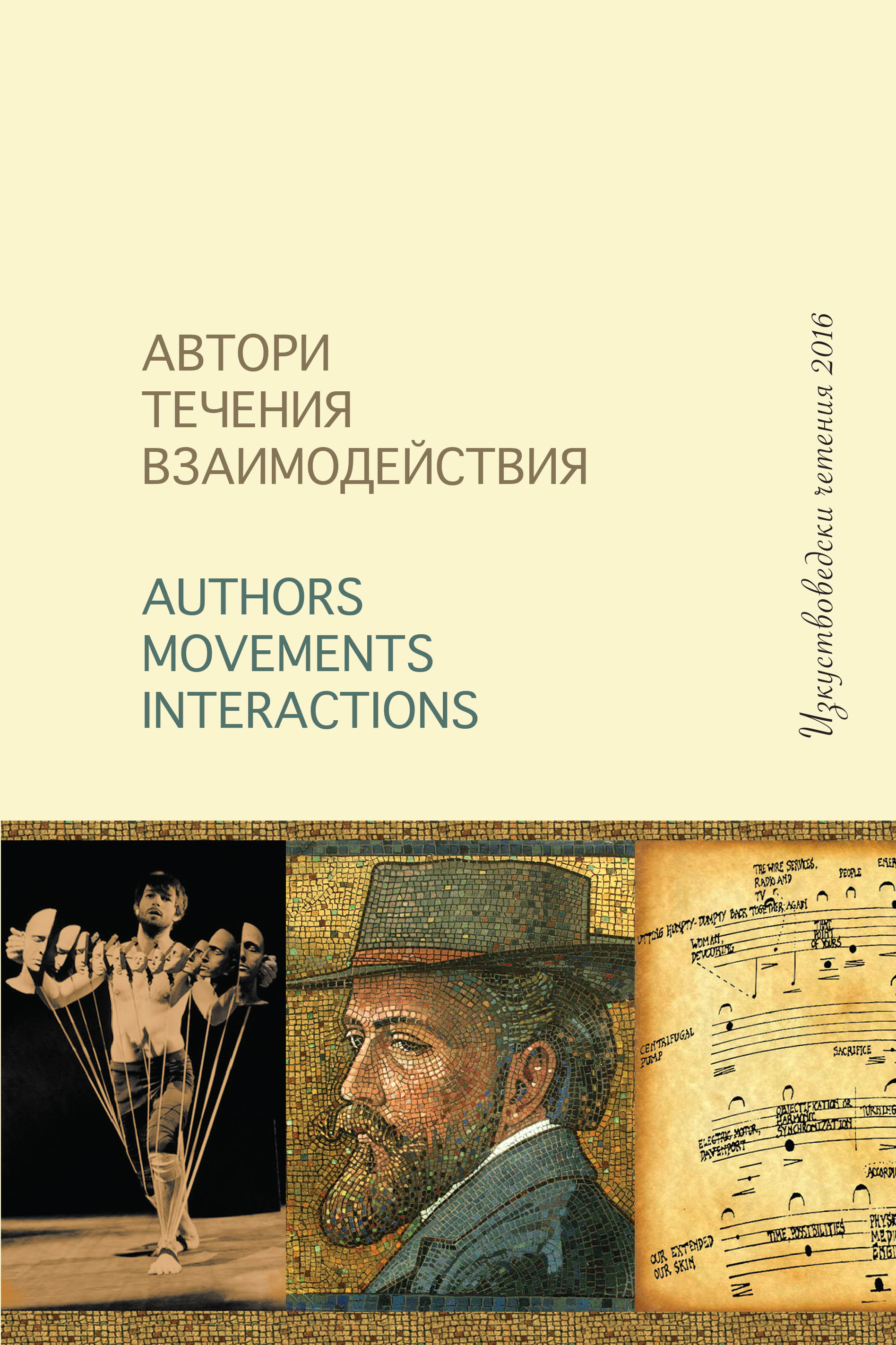Направлението „езоповска режисура“ в българския театър през 60-те, 70-те и 80-те години на ХХ век и някои Шекспирови постановки
Тhe “Aesopian Stage Directing” Trend in Bulgarian Theatre During the 1960s, 1970s and 1980s and Some Shakespearean Productions
Author(s): Kamelia NikolovaSubject(s): History, Theatre, Dance, Performing Arts, Fine Arts / Performing Arts
Published by: Институт за изследване на изкуствата, Българска академия на науките
Summary/Abstract: The “Aesopian stage directing” is the most interesting and significant occurrence in Bulgarian theatre of the recent past. This article, using as an example the directorial practice of Leon Daniel, an emblematic figure of those days, traces its nascence in the 1960s and development through the 1970s and the 1980s until its abandonment in the late 1980s, Directors under communism in Bulgaria had a double status. They led a very strenuous existence between their limited freedom of people, entrusted with the responsibility to create the new socialist-realist theatre, and the iron control. It was this double life of directors at the time that brought to life their earliest attempts to put up some resistance. Directors, by definition, establish themselves in the development of a theatre to demonstrate themselves as unique personalities through their productions, to manifest their subjectivity and ingenuity of individuals. A number of Bulgarian directors forced by the communist government to play a normative role, inconsistent with this essential to their profession characteristics, sought ways to justify themselves. It was achieved, for instance, by inventively applying the established staging canon of Socialist Realism, but enriched with elements of other theatrical aesthetics and as a result, such productions were marked by the striking personality of their directors. Another way was to tacitly, allegorically evade the canon through choosing mostly classical texts and their Aesopian interpretation, alluding to the existing realities. A combination of both methods and especially, the use of the second one were responsible for the rise of the most ingenious directors in Bulgaria in the said period. Leon Daniel had played an especially significant role both in the invention of the ‘Aesopian stage directing’ and its later abandonment.
Journal: Изкуствоведски четения
- Issue Year: 2016
- Issue No: 2
- Page Range: 75-83
- Page Count: 9
- Language: English, Bulgarian
- Content File-PDF

